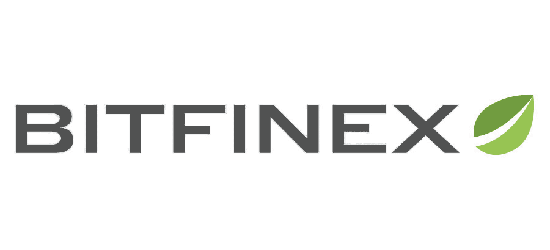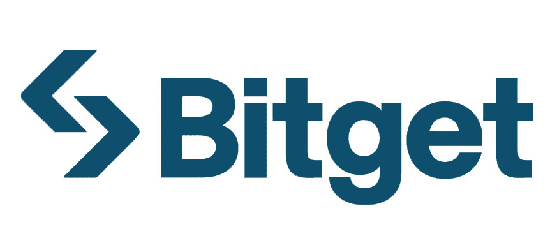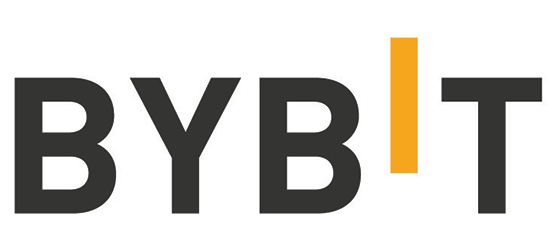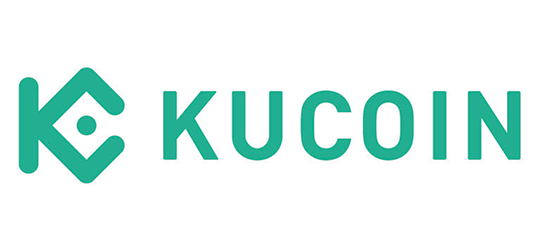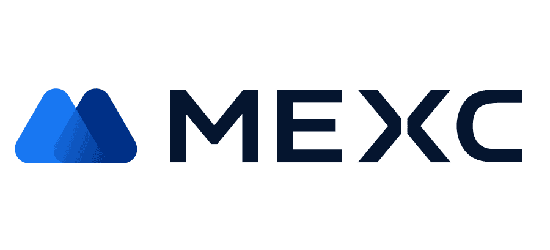
Polygon Migrates From MATIC to POL. Everything a User Needs to Know
Polygon has decided to change its native token from MATIC to POL. Why? What has changed, and what do users need to know?
From MATIC to POL
On September 4, Polygon made a major technical update as part of the Polygon 2.0 roadmap, migrating from the MATIC token to POL. The move is intended to offer additional benefits, including better scalability and lower transaction fees.
To this point, more than 450 million unique addresses have been created on the Polygon network. About 500 decentralized applications are powered by Polygon. Many large brands such as Reddit and Adidas use Polygon to create NFTs.
Polygon 2.0.
Changes to the network won't just be limited to the transition to a new token. Polygon is moving to utilize zkEVM and introduce interoperable application-specific blockchains as part of the updated roadmap.
The updated blockchain will be a platform for ZK-based L2 networks, interconnected using a new inter-network coordination protocol. The new phase of the Polygon ecosystem aims to create an internet of blockchains. The main goal of this version is to improve the scalability, security, and decentralization of the network, making it the core infrastructure for decentralized applications and Web3 solutions. To unify all Polygon sidechains, the developers have created the AggLayer protocol.
The main aspects of the update will be a multi-layer blockchain architecture, a multichain ecosystem, optimization of security and decentralization, interoperability between different blockchains and the migration of MATIC to POL.
What is POL?
The transformation of MATIC to POL is not just an ordinary ticker name change. The development team has expanded the functions of the native token. To begin with, it will become a token for gas and staking.
The new issuance rate will be 2% per year. It is intended to reward validators and to replenish community coffers.
The developers called POL a “hyperproductive” token because it will become an integral part of the AggLayer protocol. This means it can be used in any Polygon sidechain. Blockchain validators can use it not only for staking within Polygon, but also in other networks and platforms. In the future, the updated token will support participation in DAC, blockchain generation, and zero-knowledge proof creation.
User actions
Users do not need to take any action if they own tokens on the Polygon network. MATIC is automatically converted to POL at a 1 to 1 ratio. The same is true for stakers.
Those who hold MATIC on the Ethereum or zkEVM network, as well as on centralized exchanges, need to manually convert tokens via the Polygon Portal migration interface, as detailed in the developers' announcement.
Polygon developers haven't set a clear deadline for when users should migrate their tokens. But this situation may change.
Market reaction
With the token migration completed, the network faced low user activity and then panic selling. Large investors sought to get rid of their tokens, which put pressure on the price. On the day of the transition from MATIC to POL, the token fell by 7.6%.
Many POL holders sold their tokens at a loss. As of this writing, POL is trading at $0.377.











